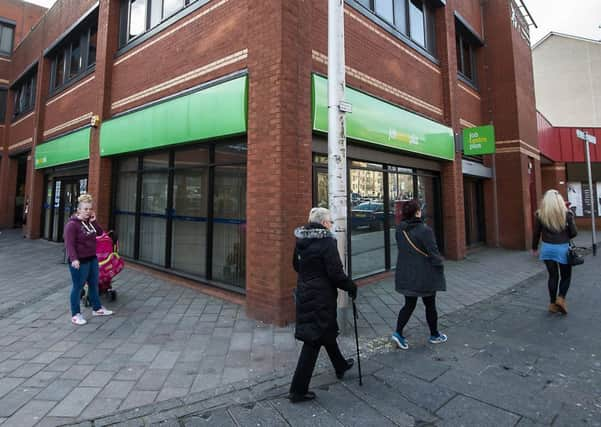Martin Flanagan: Data shows many are ungainfully employed
This article contains affiliate links. We may earn a small commission on items purchased through this article, but that does not affect our editorial judgement.


After adjusting for inflation, real wage growth fell in the three months to end-March, for the first time in three years. But at least there’s better news on unemployment.
• READ MORE: Scotland’s unemployment total falls by 14,000
The national jobless total fell 53,000 during the winter quarter to 1.54 million, or 4.6 per cent of the workforce. That’s the lowest since 1975 when we were coming out the other side of recession, the three-day-week and power cuts.
Advertisement
Hide AdAdvertisement
Hide AdPoliticians have dived like ravenous gulls on the bits of statistical food they like most in the run-up to the upcoming general election.
The Tories say the unemployment figures show they have got Britain working again. Labour homes in on the disparity between wages and inflation to claim the living standards of working families (and couples and singletons) are stagnating at best. The Lib Dems claim that we are now seeing the start of the Brexit consumer squeeze, delayed rather than averted by the apparent resilience of the economy for many months after the EU referendum vote last year.
To be fair, when people were lauding the unexpectedly strong performance of the UK economy after the Brexit vote, today’s chill wind on consumers was exactly what the more pessimistic pundits were forecasting.
That gap between pay and inflation is expected to widen, if anything, for much of 2017 before inflation is expected to start falling late this year. Public sector workers subject to a one per cent cap on wage increases are set to be particularly badly hit.
If 2016 – the year of populism and battered elites – has taught us anything it is that people do not vote purely on economic issues. Politics has become a lot more variegated.
Advertisement
Hide AdAdvertisement
Hide AdBut, overall, there is enough in this latest flurry of data for the main political parties to claim some economic high ground. A key criterion of whether a society is working is whether it is working. And we undoubtedly are, in a patchwork of the regular and gig economies.
But pounds in pockets also exert a strong pull on electoral fortunes. And they are buying less for many people.